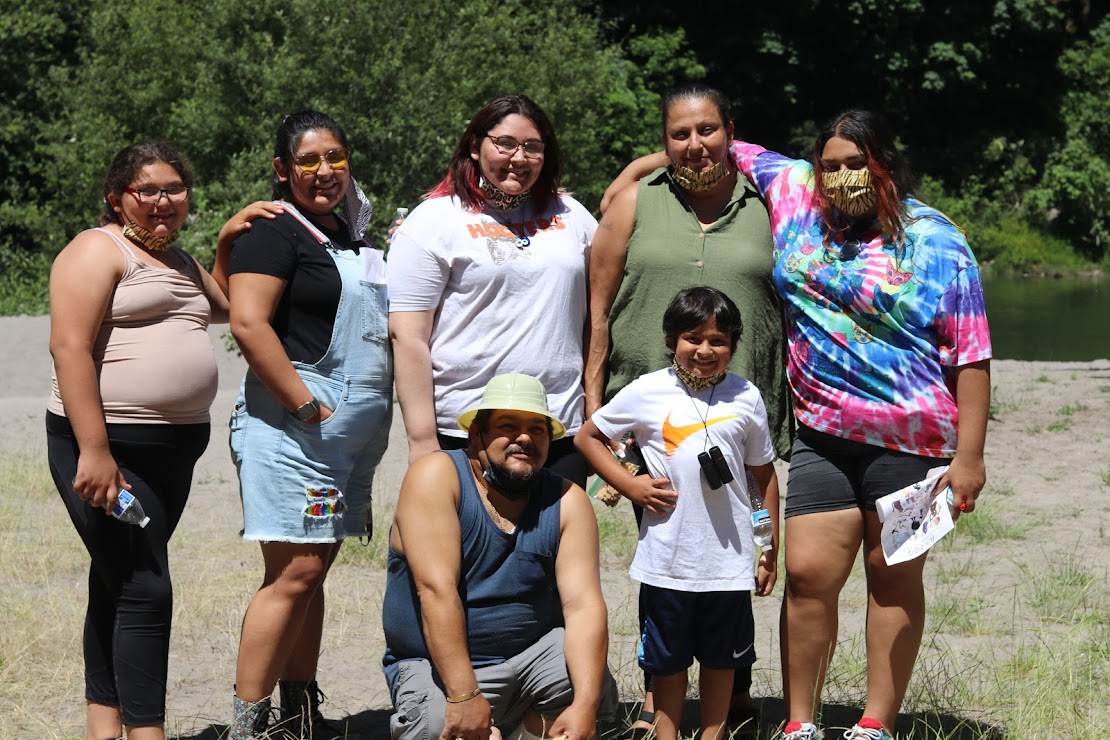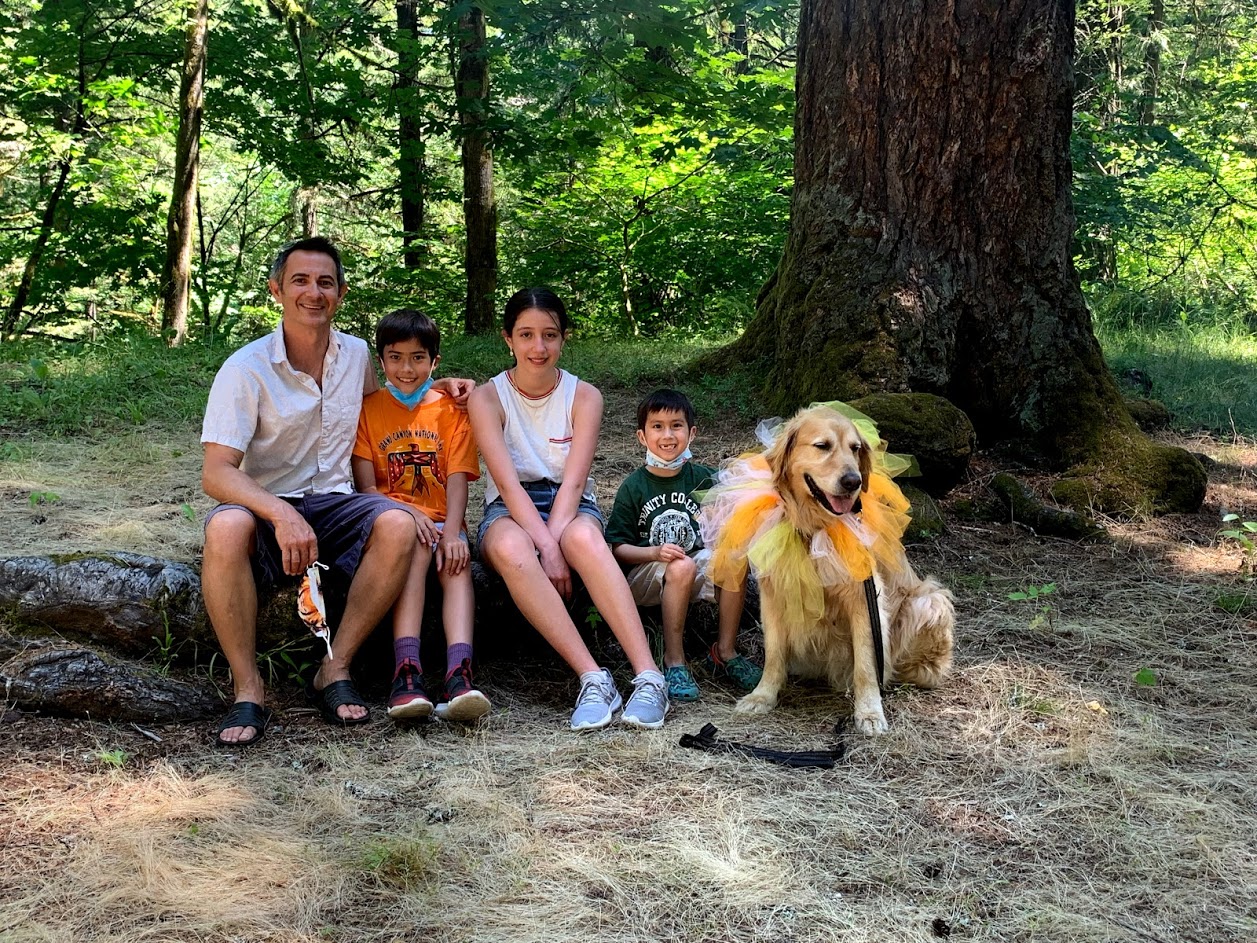How Cancer Impacts the Whole Family
One thing we know for sure, is that the impacts of a long-term or life-threatening illness, like cancer, extend far beyond what happens in the hospital setting. We know this to be particularly true for children who receive a cancer diagnosis. Each year there are 15,780 children diagnosed with cancer - each experiencing the impacts and effects of that diagnosis differently. But, the impact of cancer doesn’t stop at the patient; each member of the family experiences unique implications and impacts as a result of a diagnosis.
 |  |
Patients
While survival rates for many types of childhood and adolescent cancer have improved, cancer remains the most common cause of death by disease for children in America. Today, the overall 5-year survival rate for childhood cancer is close to 85%.
Survival, unfortunately, comes with various costs. As children with cancer receive aggressive treatment regimens while their bodies and brains are still developing, many of them develop “late effects” from treatment. These include heart damage, additional cancers, lung damage, infertility, cognitive impairment, growth impacts, hearing loss, and more.
Childhood and adolescent cancer patients often have to step back from their favorite sports, clubs, activities, and many of the other simple joys we associate with a ‘typical’ childhood. They are forced to contemplate their own mortality before many kids even know the meaning of the word. Many patients even feel like a burden to their loved ones as they go through, what is typically, extensive and costly treatment. This can lead to depression, anxiety, or post-traumatic stress - which may go unnoticed and can continue long after a patient’s treatment ends.
Siblings
Siblings navigate an entirely different 'cancer journey.' Parents are often, understandably, occupied with their sick child and may be absent from home for extended periods of time while a child is receiving treatment. Many times, a sibling can no longer participate in music class or soccer because their sibling’s treatment is so costly and time-intensive. While no one’s fault, this can lead to feelings of isolation, abandonment, and even resentment from the siblings left at home. While it is the patient who receives a diagnosis, siblings experience their own trauma and PTS; and, access to support and mental health experts are limited for siblings.
This can all lead to siblings feeling overlooked during their sibling’s cancer treatment as they navigate feelings of loneliness, confusion, and grief. Years after a child completes cancer treatment, a sibling's emotional and social difficulties can continue, and many of those with access to therapy report worse family relations than that of their ill brother or sister.
"There they are – they’re fighting their battle. And here I am, helpless and alone. But when I came to [Ukandu], I met all the other siblings. I’ve met so many friends who were siblings and we’ve been able to share experiences. It makes me feel good, knowing I’m not the only one." - Ukandu Sibling Participant
Parents
It is reported that parents can develop post-traumatic stress throughout their child’s illness and treatment. Parents may also experience issues with marital satisfaction as well as individual challenges with anxiety, generalized stress, and depression. This can be made worse by insufficient social support and a lack of awareness from family or friends.
For families with children diagnosed with cancer, financial issues emerge as a significant concern at a time when these families are already consumed with other challenges. This economic burden can have long-term effects on financial security and quality of life as well as the future well-being of the entire family - including the siblings of the affected child and, in particular, mothers.
So What Can We Do?
First, we need to acknowledge and recognize the ways in which a childhood or adolescent cancer diagnosis impacts each member of the family throughout their cancer journey - through treatment and beyond. From there, we can create spaces and programs to address the specific needs of patients, siblings, and caregivers. At Ukandu, this means year-round programming and resources with the goal of providing respite from the emotional, physical, and financial toll families battling childhood cancer often face.
We do this through our 6 programs which cater to patients, siblings, and parents or caregivers. Ukandu allows patients and siblings alike the chance to connect and be in community with peers facing similar joys, sorrows, challenges, and opportunities. Ukandu also gives these kids the opportunity to do seemingly simple things such as climb a rock wall or go horseback riding without any perceived limitations around their diagnosis or appearance. Connecting with this peer community allows kids to experience the joys of childhood without judgment or preconceived notions because of their illness. Kids with a cancer diagnosis often feel limited by their illness, at Ukandu we know a child is not defined by their diagnosis or their sibling’s diagnosis. And we know parents deserve rest, reassurance, and community.
"Everyone just welcomed us in. And the feeling of being welcomed and trusting new people was very new for us. You're not known as that kid with the cancer - the girl with the bald head. Everyone just gets it. The feeling of not having to be worried about being a burden and knowing everyone is just watching over me - taking care of me. It's our Ukandu family." - Ukandu Patient Participant
Ukandu’s newest program, Family Camp, set to launch in Summer 2022, provides a space for the entire family to come together and meet other families also impacted by childhood cancer. For the first time, children under the age of 8 and parents will have the opportunity to experience the hope, joy, and connection that comes with Ukandu programming. Just like their children, parents and caregivers will be able to benefit from having a community of peers who understand their unique challenges and can share in their pain, joy, and everything in between.
"I think [Ukandu] is important to parents... because we're fighting two battles. We're fighting for our kids' lives. But we're also fighting for their spirit. I was desperate for someone to put a smile on his face. I wanted help with that. Being able to release him to Ukandu where we knew he was going to be taken care of medically - and we knew we were going to get help reviving his spirit was a huge blessing and a relief." - Ukandu Parent
References:
Cullen PhD, MPH, Jennifer. “Because Statistics Don’t Tell the Whole Story: A Call for Comprehensive Care for Children With Cancer.” Https://Www.acco.org/, Nov. 2014, .
Miedema, B, et al. “The Economic Impact on Families When a Child Is Diagnosed with Cancer.” Current Oncology (Toronto, Ont.), Multimed Inc., Aug. 2008, .
“US Childhood Cancer Statistics.” ACCO, 5 Apr. 2019, .